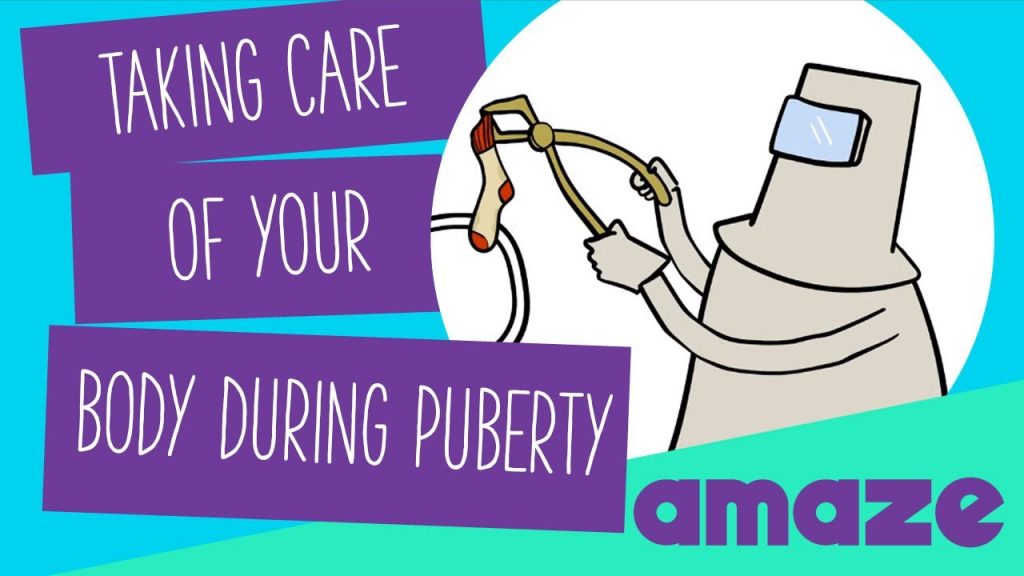Puberty is a crucial stage of development that every child goes through, and it is important for parents to talk to their children about it. The onset of puberty can be a confusing and overwhelming time for children, and as a parent, it is your responsibility to guide your child through this period with love and support.
Here are some tips on how to talk to your child about puberty:
1. Start the Conversation Early
It’s important to start the conversation about puberty early. This gives your child enough time to process the information and ask questions. You can start the conversation when your child is around 8-10 years old, depending on their level of maturity.

2. Use Age-appropriate Language
Use language that your child can understand. Avoid using medical terms that can be confusing or scary. Use simple, straightforward language that your child can easily comprehend.
3. Explain the Physical Changes
Explain the physical changes that happen during puberty. Talk about how the body changes, such as the growth of breasts, pubic hair, and the onset of menstruation. Explain that these changes are normal and natural and that everyone goes through them.

4. Address Emotional Changes
Puberty can also bring about emotional changes. Talk to your child about the emotional changes they may experience, such as mood swings, and how to cope with them. Explain that these changes are normal and that everyone goes through them.
5. Address Hygiene
Puberty also brings about changes in hygiene. Talk to your child about the importance of hygiene, such as taking showers regularly and using deodorant. Explain why it’s important to take care of their body during this time.

6. Address Sexuality
Talk to your child about sexuality. Explain what sex is and how it happens. Talk about the importance of consent and how to respect other people’s boundaries. It’s also important to talk about the risks of sexually transmitted infections and pregnancy.
7. Keep the Conversation Open
Puberty is a process that lasts several years, so it’s important to keep the conversation open. Check-in with your child regularly to see how they’re doing and if they have any questions. Let them know that they can always come to you with any concerns or questions they may have.

8. Answer Questions
Your child may have questions about puberty that you may not be able to answer. If this is the case, don’t be afraid to say that you don’t know the answer. You can always do research together or ask a healthcare professional.
In conclusion, talking to your child about puberty can be a daunting task, but it’s an important conversation to have. By starting the conversation early, using age-appropriate language, explaining physical and emotional changes, addressing hygiene and sexuality, answering questions, and keeping the conversation open, you can guide your child through this period with love and support.
Remember, puberty is a natural and normal process, and it’s important to help your child feel comfortable and confident during this time.
